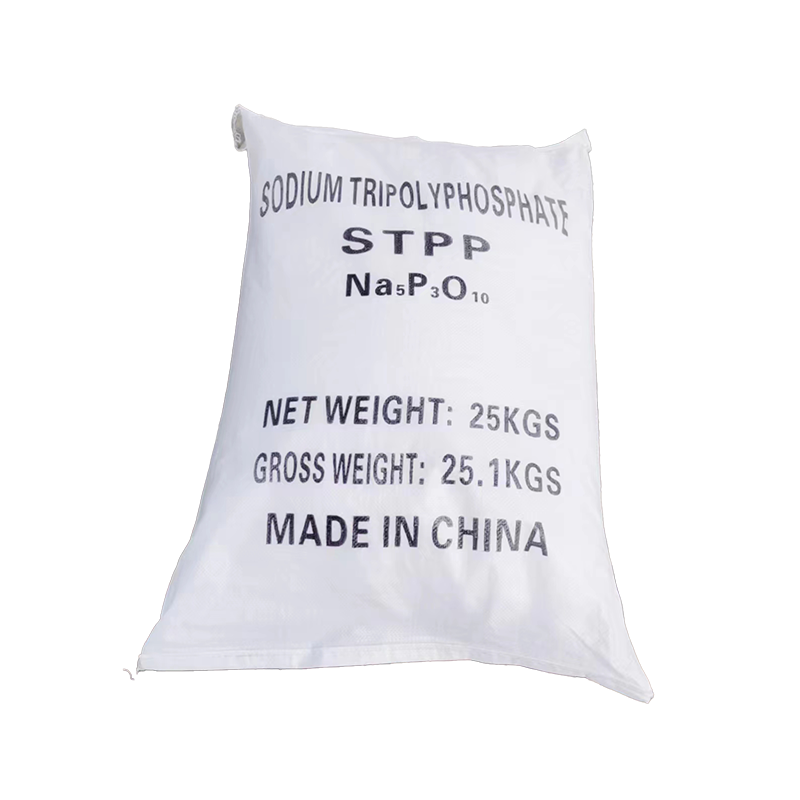The Crucial Impact of Fair Trade on Detergent STPP Exports
2025-07-19
The Crucial Impact of Fair Trade on Detergent STPP Exports
Table of Contents
1. Introduction to Detergent STPP and Fair Trade
2. Understanding STPP: A Key Ingredient in Detergents
3. Fair Trade Principles: An Overview
4. The Significance of Fair Trade in the Chemical Industry
5. Impact of Fair Trade on STPP Exporters
6. Benefits of Fair Trade for Consumers
7. Environmental Impact of

The Crucial Impact of Fair Trade on Detergent STPP Exports
Table of Contents
- 1. Introduction to Detergent STPP and Fair Trade
- 2. Understanding STPP: A Key Ingredient in Detergents
- 3. Fair Trade Principles: An Overview
- 4. The Significance of Fair Trade in the Chemical Industry
- 5. Impact of Fair Trade on STPP Exporters
- 6. Benefits of Fair Trade for Consumers
- 7. Environmental Impact of Fair Trade Practices
- 8. Challenges Facing Fair Trade in STPP Exports
- 9. The Future of Fair Trade in the Detergent Industry
- 10. Frequently Asked Questions
- 11. Conclusion
1. Introduction to Detergent STPP and Fair Trade
The detergent industry relies heavily on various chemical compounds, one of the most significant being **sodium tripolyphosphate (STPP)**. Used primarily as a builder in detergent formulations, STPP enhances cleaning efficiency, making it a staple in household and industrial cleaning products. As global awareness about ethical consumption rises, the **role of fair trade** in the export of STPP gains prominence. This article will explore how fair trade practices influence STPP exports, benefiting producers, consumers, and the planet.
2. Understanding STPP: A Key Ingredient in Detergents
Sodium tripolyphosphate is a **phosphate compound** that plays a crucial role in removing dirt and stains from various surfaces. By softening water, STPP allows detergents to function more effectively. Despite its effectiveness, the production and export of STPP have raised environmental concerns, including **eutrophication** in water bodies. Therefore, integrating fair trade practices into its export can mitigate its negative environmental impact while promoting social equity.
3. Fair Trade Principles: An Overview
Fair trade is built on several core principles aimed at fostering equitable trading conditions. These principles include:
- **Fair Compensation**: Ensuring producers receive a fair price for their goods.
- **Sustainable Practices**: Encouraging environmentally friendly production methods.
- **Transparency**: Establishing open communication between producers and consumers.
- **Empowerment**: Supporting marginalized communities through education and resources.
These principles are vital in reshaping the STPP export landscape, ultimately leading to improved livelihoods for producers and their communities.
4. The Significance of Fair Trade in the Chemical Industry
In the chemical industry, fair trade signifies a shift towards more ethical supply chains. The significance of fair trade extends to:
- **Economic Advantages**: Producers benefit financially, enabling them to invest in their communities.
- **Social Stability**: Fair trade practices contribute to reducing poverty and enhancing social equity.
- **Environmental Awareness**: Encouraging sustainable practices leads to reduced ecological footprints.
By adopting fair trade principles, the STPP export sector can contribute positively to both economic and environmental goals.
5. Impact of Fair Trade on STPP Exporters
Fair trade has a profound impact on STPP exporters, including:
- **Increased Market Access**: Fair trade certifications can open new markets, as consumers increasingly seek ethically produced products.
- **Stronger Relationships**: Building trust between exporters and importers fosters long-term partnerships and stability.
- **Quality Assurance**: Fair trade practices often lead to improved quality standards, enhancing customer satisfaction.
These factors combine to create a more robust and resilient export market for STPP.
6. Benefits of Fair Trade for Consumers
Consumers play a pivotal role in the success of fair trade in STPP exports. The benefits for consumers include:
- **Ethical Consumption**: Purchasing fair trade products allows consumers to make informed choices that align with their values.
- **Superior Quality**: Many fair trade products are of higher quality due to rigorous standards.
- **Transparency in Sourcing**: Consumers can trace the origins of their products, leading to greater trust in brands.
By choosing fair trade STPP-containing detergents, consumers contribute to positive social change while enjoying quality products.
7. Environmental Impact of Fair Trade Practices
Fair trade practices promote environmentally sustainable production methods, essential in the STPP export industry. Key environmental impacts include:
- **Reduction of Chemical Usage**: Fair trade encourages the use of less harmful substances, minimizing the ecological footprint.
- **Support for Organic Farming**: Many fair trade producers adopt organic methods, reducing pollution and conserving biodiversity.
- **Community Awareness**: Fair trade initiatives often include environmental education, empowering communities to protect their ecosystems.
The integration of fair trade in STPP production and export contributes to a healthier planet.
8. Challenges Facing Fair Trade in STPP Exports
Despite the numerous benefits, challenges persist in implementing fair trade practices within the STPP export sector. These challenges include:
- **Market Competition**: Competing with lower-priced, non-fair trade products can be difficult for fair trade exporters.
- **Consumer Awareness**: A lack of understanding about fair trade can hinder market growth.
- **Regulatory Hurdles**: Navigating complex regulations can create barriers for small producers seeking fair trade certification.
Addressing these challenges is crucial to the long-term success of fair trade in the detergent industry.
9. The Future of Fair Trade in the Detergent Industry
The future of fair trade in the detergent industry, particularly in STPP exports, looks promising. As consumers become more conscious of their purchasing decisions, the demand for ethically sourced products is likely to increase. Innovations in sustainable production methods and a growing number of fair trade certifications will further strengthen this market. Additionally, collaborations between fair trade organizations and detergent manufacturers can enhance visibility and consumer trust, ultimately leading to broader adoption across the industry.
10. Frequently Asked Questions
1. What is STPP and why is it used in detergents?
STPP, or sodium tripolyphosphate, is used in detergents as a water softener and cleaning booster. It helps enhance the effectiveness of detergents by removing dirt and stains.
2. How does fair trade benefit producers?
Fair trade ensures that producers receive fair compensation, promotes sustainable agricultural practices, and supports community development through education and resources.
3. Can consumers identify fair trade STPP products?
Yes, consumers can look for fair trade certifications on product labels, which indicate that the product meets specific ethical and sustainable standards.
4. What are the environmental benefits of fair trade?
Fair trade practices promote sustainable agriculture, reduce chemical usage, and support conservation efforts, leading to a lower environmental impact.
5. What challenges do fair trade exporters face?
Fair trade exporters often contend with market competition, consumer awareness issues, and regulatory hurdles that can impede their operations.
11. Conclusion
In conclusion, the **role of fair trade** in detergent STPP exports is pivotal in promoting ethical practices, enhancing producer livelihoods, and fostering environmental sustainability. The integration of fair trade principles not only benefits producers and consumers but also contributes positively to the global push towards sustainable development. As we move forward, embracing fair trade practices within the STPP export sector will pave the way for a more equitable and environmentally responsible industry.
PREVIOUS:


 TESFA STPP
TESFA STPP